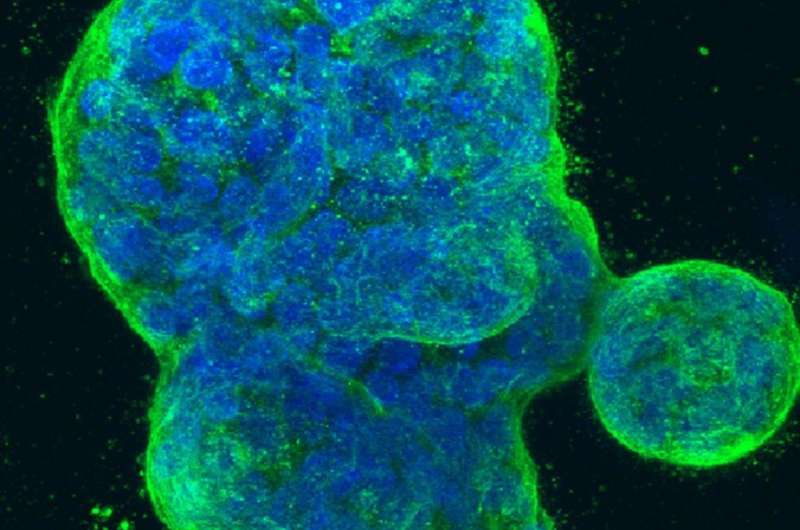Persistent hot flashes may lead to increased risk of breast cancer

Studies examining the association between vasomotor symptoms (VMS) and breast cancer are not new, but results have been inconsistent. A new larger-scale study concludes that women participating in the Women's Health Initiative (WHI) trials who had persistent VMS are more likely to be diagnosed with breast cancer than women who never experienced VMS. Study results are published online today in Menopause, the journal of The North American Menopause Society (NAMS).
Data was gathered from more than 25,000 women who participated in the WHI for this latest study that sought to identify an association between VMS (which includes symptoms such as hot flashes and night sweats) and breast cancer. Through 17.9 years' follow-up of these women, 1,399 incident breast cancers were seen. Women with persistent VMS (defined as symptoms that lasted 10 or more years) had a higher breast cancer incidence than women who never experienced VMS.
Although breast cancer-specific mortality was higher in women with persistent VMS, the difference was not statistically significant, which meant that persistent VMS did not influence breast cancer survival rates.
The possible link between VMS and breast cancer continues to be studied because of a common association with hormones. Specifically, hormone therapy has proven to be the most effective treatment for VMS, whereas sex hormone levels also are related to postmenopause breast cancer risk.
Study results appear in the article, "Persistent vasomotor symptoms and breast cancer in the Women's Health Initiative."
"In this large group of women who were not users of hormone therapy, persistent hot flashes and night sweats for 10 or more years were associated with a slight but significant increase in breast cancer incidence," says Dr. JoAnn Pinkerton, NAMS executive director. "Other risk factors included an elevated body mass index of more than 30 and current alcohol use. More studies are needed in women who have persistent hot flashes to understand their cardiovascular and cancer risks."
More information: Rowan T. Chlebowski et al, Persistent vasomotor symptoms and breast cancer in the Womenʼs Health Initiative, Menopause (2018). DOI: 10.1097/GME.0000000000001283















